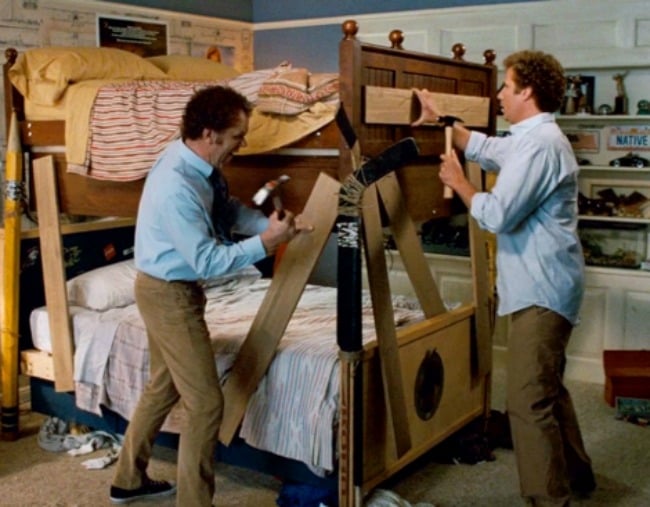High rents and short-term rentals are driving people to organise themselves to share rooms with strangers in order to live in the city.
Room sharing outside a family environment is also occurring in some professions.
This includes airline stewards and submariners, nurses on shifts, or hospitality workers in remote or seasonal locations, to name a few.
There are precedents where this arrangement is not unusual. Youth and backpacker hostels offer room sharing as a budget option.
In the cases of the workers above, however, the roomies are part of an organisation and are colleagues. This ensures some vetting has taken place and that their conduct is expected to be in keeping with their paid position and contract.
Youth hostels have management to handle complaints and to keep an eye on things. But what about when you are sharing a room and found your roomie through a website? Who is in charge? And how do you really know with whom you are sharing?
City living costs are driving people to organise themselves to share a room with strangers so they can live in their required location. It’s harder than ever to afford your own bedroom to sleep in.
Various websites list hundreds of offers to share rooms in central Sydney. Beds are available from about $150 to over $230 a week. Room sharing also happens in suburbs like Double Bay, Mossman or Marrickville.
A recent article, “How short-term rentals are making Sydney’s housing crisis worse”, calculates that about 6,000 properties are removed from the rental market and offered to higher-paying tourists through “sharing economy” sites like Airbnb. We have an indication what the potential tenants who can’t afford to rent a flat anymore are doing – they are room sharing. I estimate thousands of people are room sharing right now in the inner city.





























































































